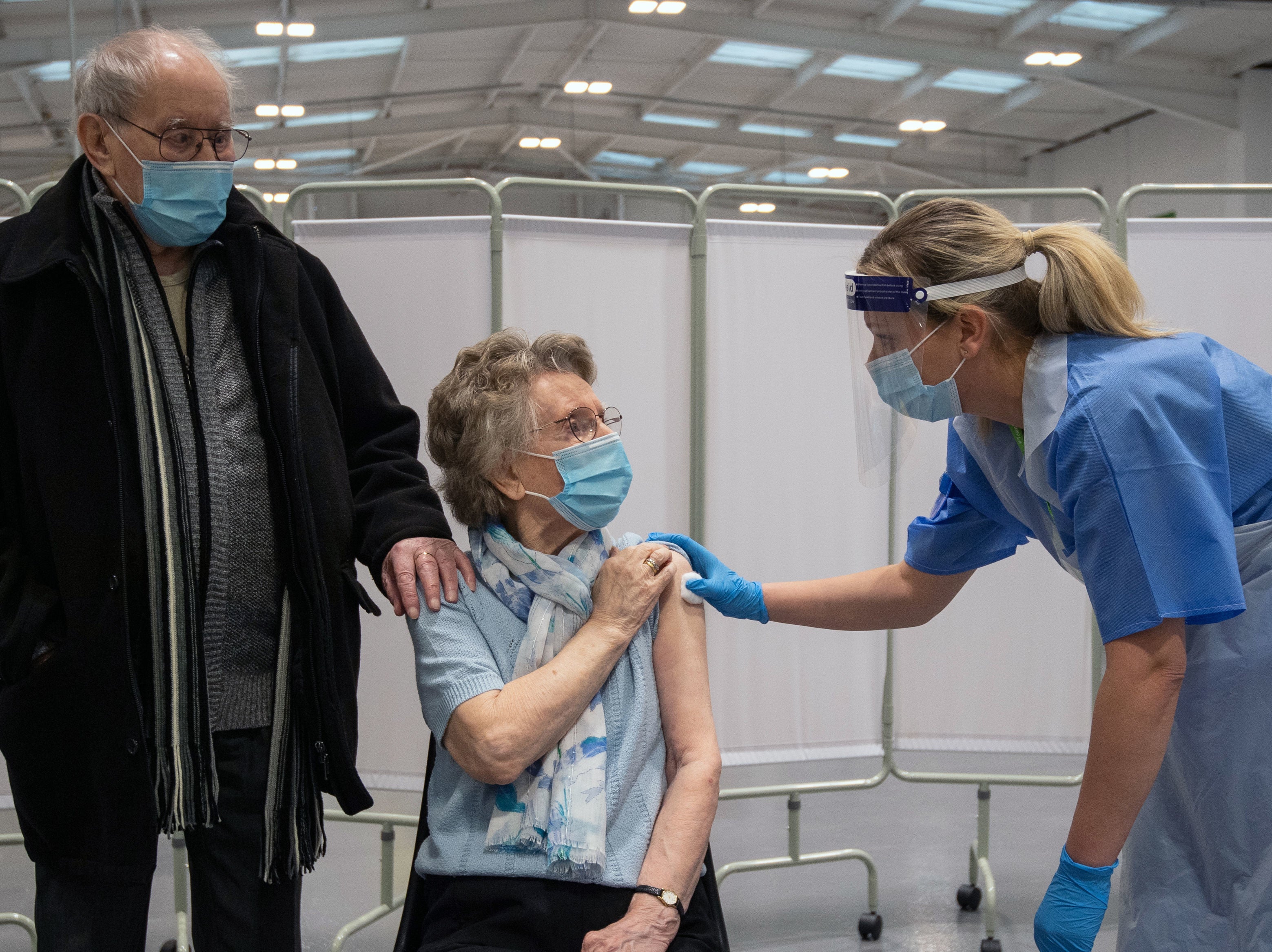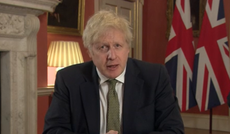Covid timeline: Key dates ahead in vaccine rollout and end of lockdown
Government has set target of vaccinating priority groups by 15 February ahead of lockdown review on same day

Support truly
independent journalism
Our mission is to deliver unbiased, fact-based reporting that holds power to account and exposes the truth.
Whether $5 or $50, every contribution counts.
Support us to deliver journalism without an agenda.

Louise Thomas
Editor
When Boris Johnson announced England would be plunged into its third national coronavirus lockdown, he first suggested it could be over by mid-February.
But as we’ve learned, government deadlines can change and the prime minister this week indicated restrictions will continue until at least 8 March — the earliest date on which schools in England will reopen.
When and how the lockdown measures - which include a stay-at-home order apart from one form of exercise and essential travel - will be eased depends on several factors including all of the most vulnerable being vaccinated by 15 February and the effectiveness of those jabs.
Here, we take a look at the key dates ahead of the vaccine rollout and the end of the current lockdown in England:
February 15:
This is the government’s own target date for vaccinating the 15 million people in the four top priority groups in England.
They include anyone aged 70 and over, care home residents and staff, frontline health and social care staff, and individuals who are clinically vulnerable.
Health secretary Matt Hancock said on 25 January that progress towards getting all of these people inoculated by the deadline was “on track”.
The vaccination programme will then move on to other priority groups. It is hoped the rest of the adult population, mainly those under 50, will begin receiving the jab by spring, with every adult expected to be offered a first dose by September.
Week beginning February 15:
An official review in the week commencing 15 February will consider the latest evidence on the efficacy of vaccines, the emergence of new variant strains of Covid-19 and rates of infection, hospitalisations and deaths.
Experts will analyse the experience of countries such as Israel, which have led the international drive for immunisation and where the true impact of vaccines on the transmission of the disease should first become visible.
If that review concludes it is safe to begin easing lockdown, the prime minister is then expected to start work on a roadmap to leaving the lockdown, to be presented to parliament when it returns from recess.
Week beginning February 22:
The current lockdown restrictions were enshrined in law on 6 January and officially last until 31 March, however in his address to MPs at the time Mr Johnson said the measures would be under “continuous review” with a statutory requirement every two weeks.
The government will publish a strategy for the “gradual and phased” easing of lockdown in the week beginning 22 February.
The roadmap is expected to set out a proposed route back to normality in the weeks and months after 8 March.
March 8:
Mr Johnson said he hoped schools would begin to reopen from 8 March if the target of vaccinating the four most vulnerable groups with a first dose by mid-February is achieved.
This will be three weeks after the most vulnerable will have hopefully all been vaccinated.
Schools have been open only to vulnerable pupils and the children of key workers since 5 January, with others studying online from home.
After March 8:
Mr Johnson said if schools reopen on 8 March the “economic and social restrictions” could be eased “then or thereafter”, although that would be "as and when the data permits".
England is expected eventually to be put back under a regionalised tier system of restrictions, to be relaxed gradually as conditions permit, though this will depend on the outcome of the review.
Earlier this month, health secretary Matt Hancock said he believed the current national lockdown in England could be the last, as he pinned his hopes on the coronavirus vaccines.
Some researchers have suggested bars and restaurants should stay shut until May, prompting calls from the British Beer and Pub Association for the government to lay out a "clear road map" for the sector.
It warned the prospect of places being forced to shut until May required an extension of financial support for them to survive.
Additional reporting by agencies
Subscribe to Independent Premium to bookmark this article
Want to bookmark your favourite articles and stories to read or reference later? Start your Independent Premium subscription today.





Join our commenting forum
Join thought-provoking conversations, follow other Independent readers and see their replies
Comments